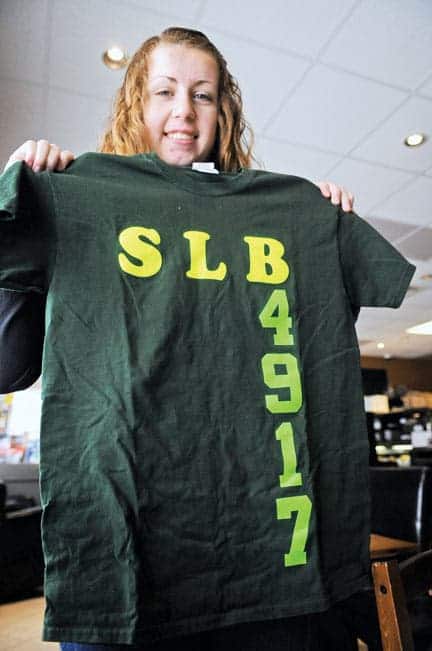Kitchener-Conestoga MPP Michael Harris and the Workplace Safety and Insurance Board are at odds over a gap in the board’s rules that has panicked “double-hatter” firefighters.
![MPP Michael Harris and WSIB have differing interpretations[Will Sloan / The Observer]](https://www.observerxtra.com/content/images/wp-content/uploads/2014/03/post_firemen.jpg)
Controversy erupted after a recent ruling in Waterloo. A firefighter was given compensation for occupational disease from a township fire department where he worked part-time, rather than the urban department where he was a full-time employee. The decision, which left the firefighter with reduced benefits, led to two of Wellesley’s volunteer firefighters resigning.
Harris, who advocated for a change last week at Queen’s Park, led a discussion on the issue at the Wellesley fire station on March 7.
“We’re saying, why should a firefighter who wants to serve their local community by volunteering be penalized by doing so?” Harris said to the audience. “They’re not going to risk their family, their benefits to do that. It just does not make sense. We have to fill that gap.”
John Rose, captain at the Wellesley station, expressed concern about losing experienced workers.
“From a ground perspective, these individuals [double-hatters] are valuable to us on fire situations, on training situations, and even after the fire, talking about these issues.
“We’ve seen some messy stuff – they’ve seen more.”
On Monday, the Workplace Safety and Insurance Board responded to assertions that double-hatters “have been disadvantaged financially.” The board replied that employers of volunteer forces select the amount of coverage the WSIB can use to determine loss of earnings due to occupational disease. Because Woolwich and Wellesley have selected maximum coverage, the board says that benefits should be the same for both the cities and the townships.
The board also denied a widely reported claim that compensation is based on “the last fire fought.” The board responds that the employer of record is determined “on a case-by-case basis,” with the worker’s employment and exposure history taken into consideration.
In response, Harris cited Section 94 of the Workplace Safety and Insurance Act, which states the “employer who last employed the worker in the employment in which the disease occurs is the worker’s employer for the purposes of the insurance plan.”
“This section of the law doesn’t actually apply to double-hatters. It applies to employees who have switched jobs,” said Harris in a statement.
When asked for further clarification, representatives from the WSIB reiterated to the Observer, “Our practice is to apply the principles of section 94 in determining the employer of record in all cases, including double-hatters, where there is more than one employer. The ‘last fire fought’ is not the sole determining factor.” They added that full-time and volunteer firefighers are entitled to the same WSIB benefits in the event of a workplace injury or occupational disease.









